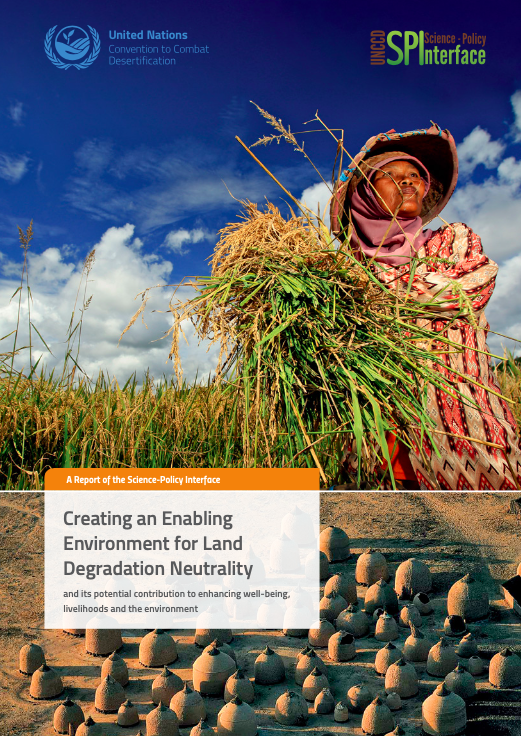Exclosures for landscape restoration in Ethiopia: business model scenarios and suitability. Agricultural Water Management – Making a Business Case for Smallholders
Land degradation is a critical problem around the world. Intensive rain-fed and irrigated crop and livestock systems have contributed to the degradation of land and natural resources.




